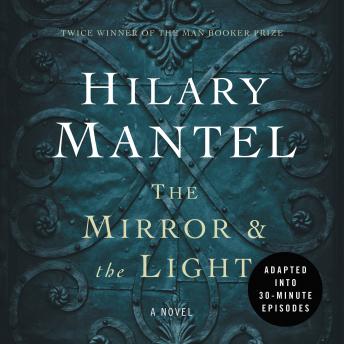


Whatever trouble he falls into, maybe he’ll talk his way out of it. The bulk of the three books is told in the third person, but every so often, the narration slips easily and elegantly into first or second person, in the way that sometimes in your inner monologue you are yourself, sometimes you narrate your actions as though you are a separate person, and sometimes you address yourself as “you.” And for the narrator of these novels, Cromwell himself is never just “Cromwell.” He is always “he,” and when a clarifier is absolutely necessary, he is “he, Cromwell” - or, when he begins to move up in the world and he’s feeling extremely pleased with himself, he is “he, my Lord Privy Seal.”Īnd within the confines of Thomas Cromwell’s head, we have no way of knowing for sure that he is doomed. Part of what makes the books seem so urgent and immediate is that they take place so firmly within Thomas Cromwell’s head. Perhaps this time, he won’t decide to kill Cromwell. Perhaps this time, Henry VIII won’t end up with six wives. Her books take place in the present tense, and as you read them, history stops seeming inevitable. But when you read Mantel’s books - 2009’s Wolf Hall, 2012’s Bring Up the Bodies, and now The Mirror and the Light - talking about that death feels as though it might be a spoiler, because Mantel’s genius as an author is to make the past feel as though it is happening right now.

Saying that Cromwell dies at the end is not really a spoiler, because it happened 480 years ago, and it’s on his Wikipedia page. The book ends as it had to: with Cromwell’s execution.

And last week, the final volume of Mantel’s trilogy, The Mirror and the Light, arrived at last. But for the past 11 years, Cromwell has lived again, inside Hilary Mantel’s lavish and immersive Wolf Hall trilogy and its spinoff properties ( a TV show, a play). He was executed on the king’s orders for treason and heresy. The historical Thomas Cromwell, chief adviser to King Henry VIII, died in 1540.


 0 kommentar(er)
0 kommentar(er)
